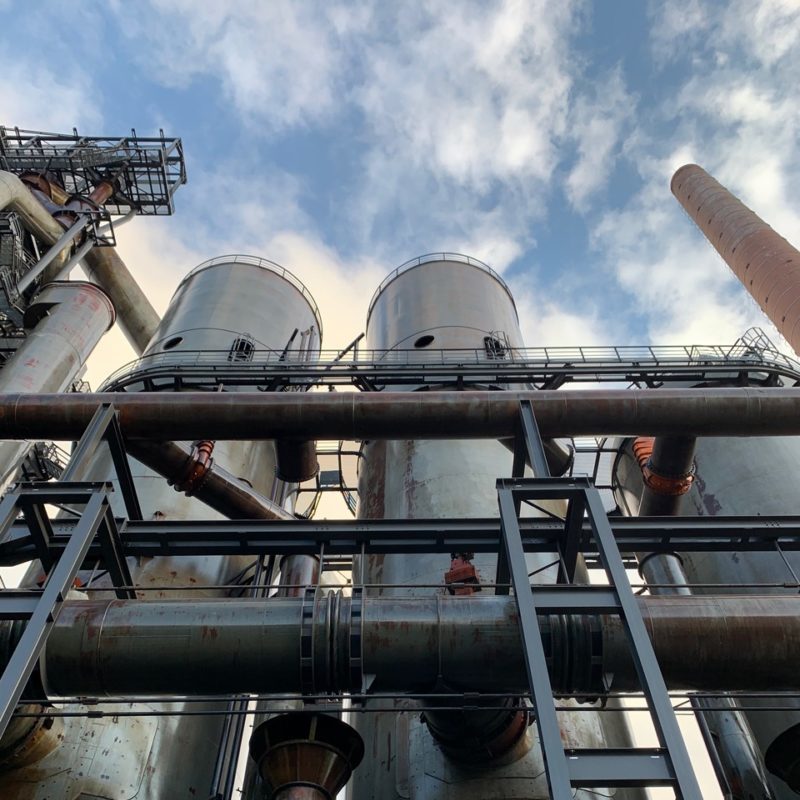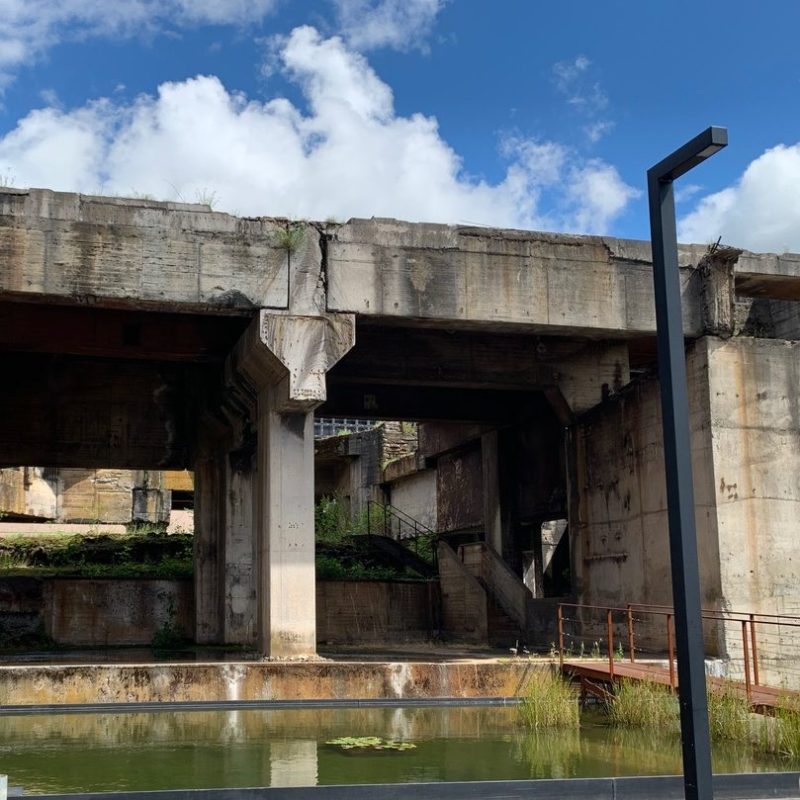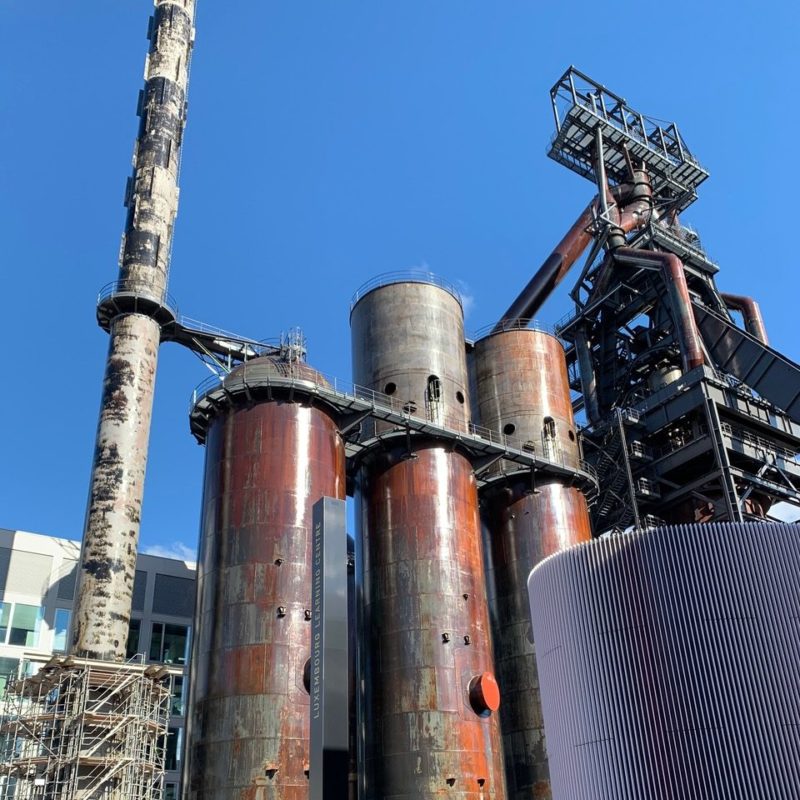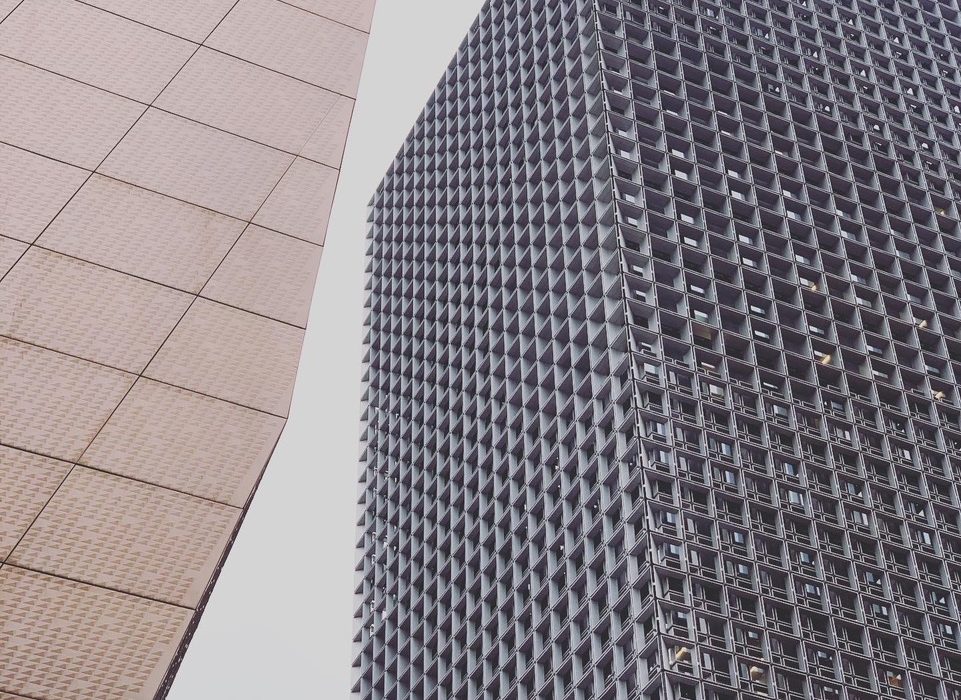Creative Prototyping: Concepting Hybrid Events
When cultural institutions in Germany went dark due to the strict contact restrictions in Spring 2020, creatives moved their activity from stages and other places of live encounters to the digital and hybrid realms causing some wild innovations. The rules of theatrical and live production were rewritten hourly. During this time, our creative team at battleROYAL were meant to enter the ideation phase for a major production and went fully remote. We developed our own approach, referring to it as ‘Creative Prototyping’. Let us take you on a journey of what‘s possible as soon as we take our minds off the treaded paths and start modulating the processes of ideation towards creating in and for a hybrid world.
The Challenge
We were approached to help with the concepting of the Opening Ceremony for the European Capital of Culture (ECOC) – Esch2022. Our challenge: public ceremonies have been done too many times. They‘re usually made for TV lacking in interactions with the actual communities the ceremony is meant to affect. Truckloads of money are poured into achieving monumental arena shows. But while they are a feast for any show production geek, we asked ourselves: Do conventional large-scale ceremonies still activate the communities they entertain for a period longer than their airtime?
While many of such large-scale spectacles are simply made to fascinate, show production has now caught on with technology to allow for immediate interaction across the screen into the very creative fabric of the show – even in real time. But how could we convincingly achieve this?

Esch-sur-Alzette, © Brendan Shelper
Design Sprints, Solitude and Diverse Knowledge
Our CEO, Brendan Shelper introduced the concept of a Design Sprint to me. Usually a Silicon Valley method by Jake Knapp to quickly develop an idea into a prototype and essentially a product, we tweaked the method to our needs so that it became highly generative for hybrid ideation at battleROYAL. It’s greatest global strength is that the steps of this method will force you to reframe the question you have often enough so you would arrive at new and unexpected answers.
Normally, a Design Sprint stretches over a five-day-week. With everyone carrying on with their work duties in home office in March 2020, we decided to cut the Sprint into chunks of four hours, two set days a week, over the course of roughly two months. This structure allowed us to go into every session with full steam, diverging and converging on several themes in alternating teams. Creation took place entirely in the digital realm; zoom, Google Slides, and quite a couple of Miro whiteboards became our twice-a-week virtual studio space to let our ideas dance. Infinitely expandable, yet spaces able to be filtered down by simple dot-voting.

Esch-sur-Alzette, © Brendan Shelper
Offline in between these focus sessions, we were able to give all involved creatives, strategists and our sparring partners at the team of Esch2022 plenty of room to work solitary. Why? Because it is proven by business psychologists that individuals have more fruitful ideas when working solitarily. After all, David Lynch allegedly just sits in a rocking chair for an hour in utter silence, – and images and ideas would just come to him.
However, ideas gain substance only when they become diversified and critiqued in appropriate ways. In addition, the mix of knowledge at battleROYAL generated the widest possible scope for ideation: useful entanglements of theory and practice. With a history in designing and concepting opening ceremonies, battleROYAL was able to summon a broad range of industry specialist from all over the world to combine perspectives – ranging from creators of the largest public ceremonies of the recent past, to contemporary theatre specialists, cultural strategists, pop culture creators, big players from Berlin‘s techno scene, to many important cultural players of the ECOC territory.

Esch-sur-Alzette, © Brendan Shelper
Mapping the Experience Journey
Now, full steam ahead on our Creative Prototyping journey, we had to scour the fields of possibilities. One of the great advantages of a Design Sprint is the speed with which new material is generated, critiqued, and filtered. Crazy 8’s, by which all sprinters had to come up with 8 solutions to a problem over the stretch of 8 minutes (exactly a minute per idea), became our most used tool. Especially in the digital realm, our personal Crazy 8’s slide could be filled with images, quotes, links, and rudimentary google shapes. One person even scribbled down an idea on a real sheet of paper and uploaded a photo of their scribble into the google slide. Yeah, let’s talk hybrid creation, right here! (Jokes!)
We returned to Jake Knapp’s outline of the Design Sprint and mapped the access points and experience journeys for all kinds of peers, from the locals, to cultural groups, to artists, to guests, participants, production partners, to our client. Soon, certain platforms started to emerge; places on which these groups naturally converge and will, in the future, share a space together. These were the spaces of possibility; this is where the magic will happen. These will be forming the base for any show idea we will come up with to sculpt the moments we had in mind.
This is Part 1 of 2 by Andy Machals about battleROYAL’s Creative Prototyping process and approach to the concepting of the Esch2022 – European Capital of Culture Launch. Part 2 was published on March 30, 2021.


